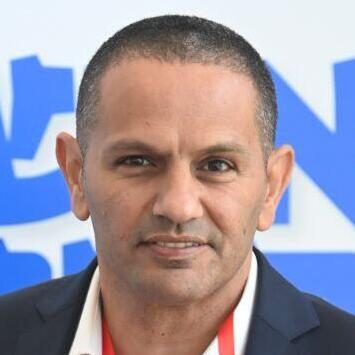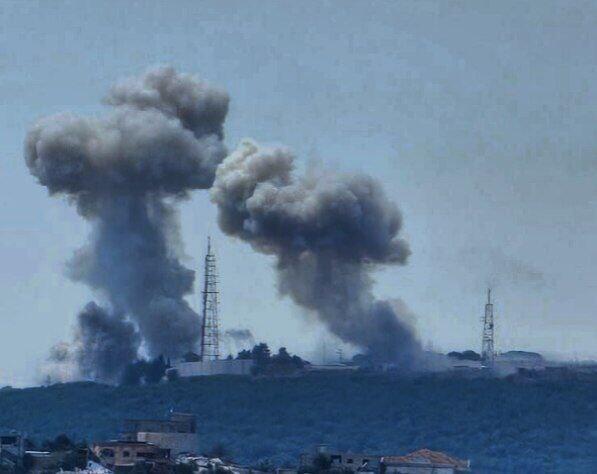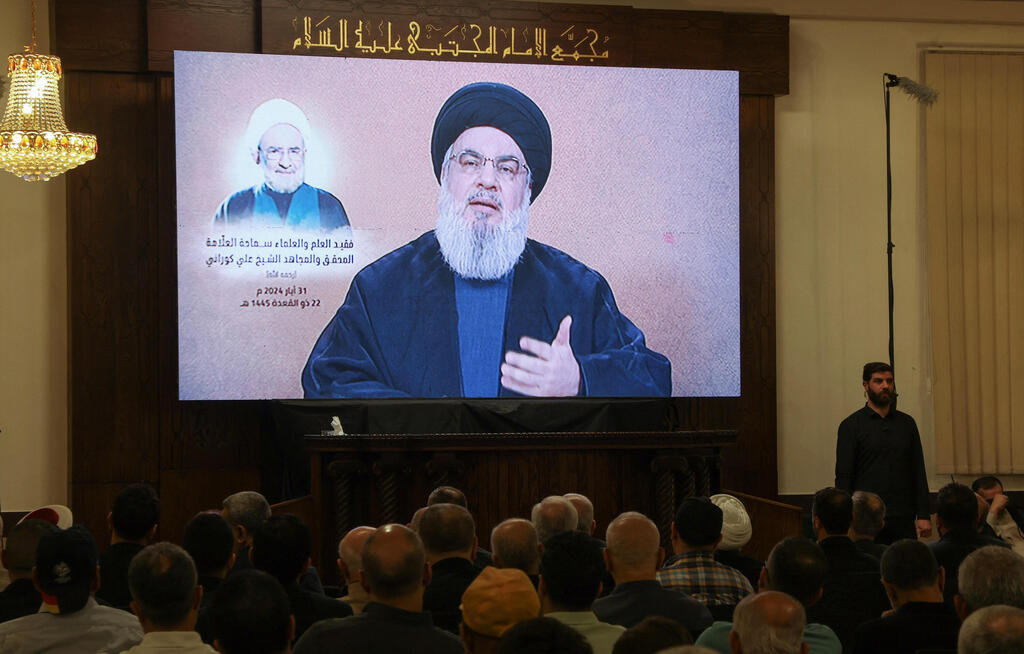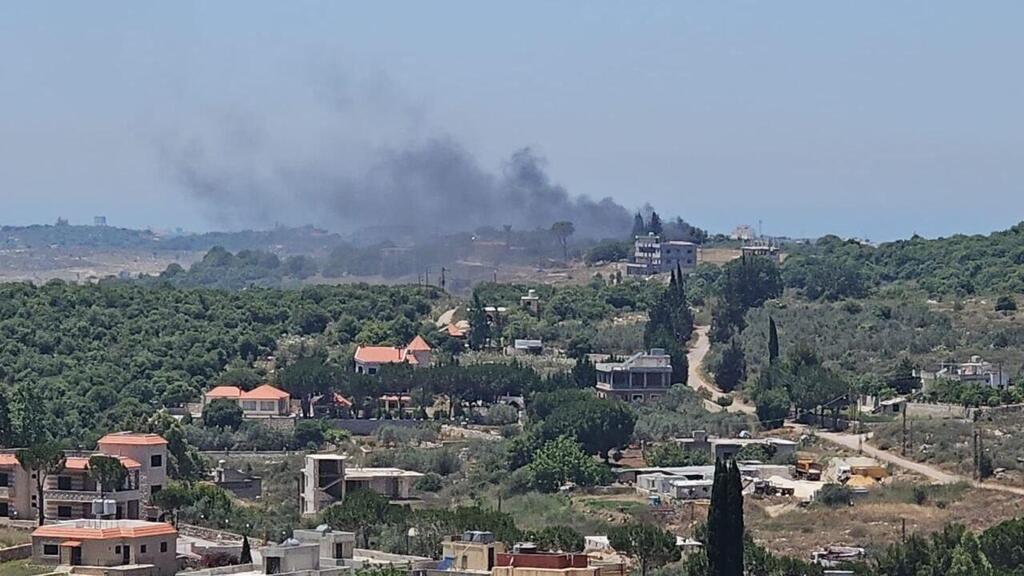Getting your Trinity Audio player ready...
The conflict in the north is not a mere skirmish, but a war that started as a secondary front to Gaza and is now escalating. Over the past weekend, Hezbollah launched dozens of projectiles, including long-range rockets that reached as far as Acre.
One such rocket managed to avoid air defenses and forced some 50,000 citizens into shelters, yet the reaction in Israel was surprisingly muted. Had the rocket targeted the country's center, the media and political response would have been far more intense.
For years, Hezbollah Secretary-General Hassan Nasrallah has waged a psychological war against Israel, primarily through media and his speeches, each addressing Israeli reports. Nasrallah has refined his strategy, selecting targets based on the publicity they will generate, often focusing on IDF assets.
Early in the conflict, he launched rockets at the Galilee Brigade headquarters, a strike filmed from both Lebanon and Israel, creating a negative image for Israel. This was followed by anti-tank missiles at the air defense base in Meron. On Saturday, Hezbollah struck a military base in Kiryat Shemona. While the base suffered damage, a nearby closed supermarket was also hit, along with several vehicles. Fortunately, no one was injured.
Since the war began, Hezbollah has launched about 340 short-range rockets carrying between 100 and 500 kilograms of explosives, causing significant damage. The northern battlefront intensified with the downing of Israeli drones over Lebanese territory. A Hezbollah surface-to-air missile downed an Israeli drone for the second time since October 7, highlighting that the IDF's freedom of action in Lebanon is not absolute, and Hezbollah's capabilities have improved with Iranian assistance.
From the IDF's perspective, the weekend's activities were significant, inflicting substantial damage on Hezbollah: five operatives were killed, many were wounded and crucial Hezbollah military infrastructure, including their air defense apparatus, was heavily damaged. The IDF carried out more than 40 strikes over the weekend. Since the war began, there have been over 420 casualties on the Lebanese side, including approximately 330 Hezbollah personnel. Despite these tactical successes, they will not be enough to bring northern residents back home.
In his recent speeches, Nasrallah speaks about the "steadfastness and patience" needed to defeat Israel, expressing concern that an Israeli victory would be "costly" for the region. He urges caution among his followers to avoid being targeted for assassination. According to London-based Arabic-language newspaper Asharq Al-Awsat, Hezbollah has issued specific instructions: avoid talking on cell phones, change locations frequently and avoid gatherings.
Nasrallah ties the end of the war to the cessation of hostilities in Gaza. Thus, all eyes are now on the negotiations with Hamas. The outcomes of these talks will influence the northern front's future. However, there is growing skepticism among senior officials about the possibility of ending the northern conflict with an agreement.
The prevailing view is that if Gaza negotiations fail, diplomacy alone won't resolve the northern conflict. Military pressure on Hezbollah will need to increase significantly, possibly including a ground incursion, or residents won't be able to return home for many more months.
Historically, Israel has been willing to pay a high price for peace and quiet. If an agreement with Hamas also secures peace in the north, the political leadership may be persuaded to accept it.






